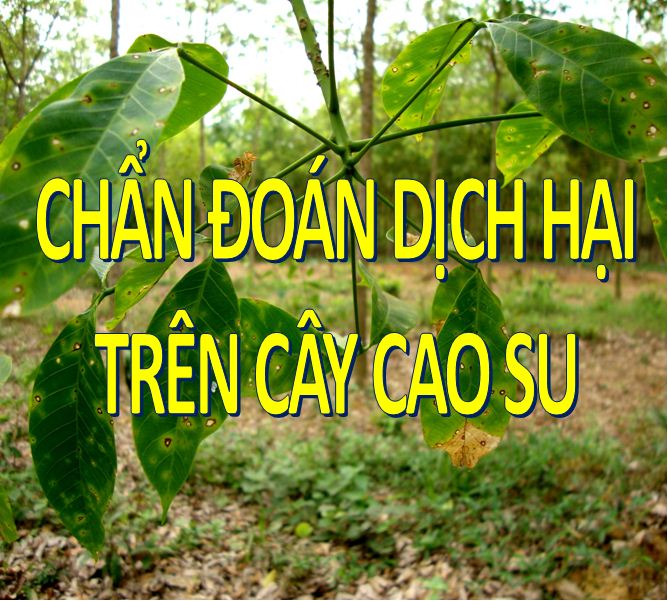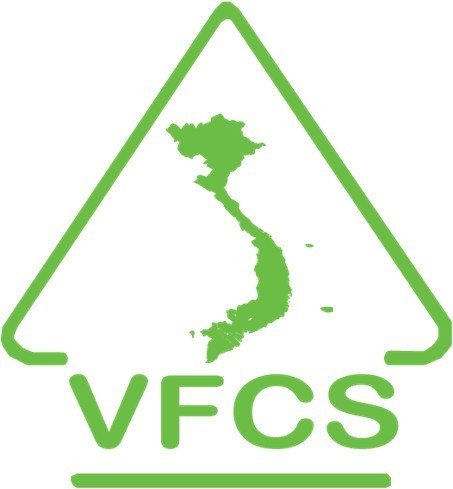Rubber plantation brings both work and worries to Gabon 21/05/2015

The Batouri rubber plantation and processing plant taking shape in the north not only will bring $400 million (357 million euros) in investments but also up to 5,000 new jobs to a nation with an unemployment rate topping 20 percent.
Crucially, it was also viewed as the first step for the equatorial African country to diversify its economy, which draws about 70 percent of its revenues from energy exports.
But critics are alarmed at the environmental and social costs of the project by the Singapore-based company Olam, warning that it could wipe out biodiversity in the tropical forest and threaten farming livelihoods.
`This project will enable Gabon to develop,` said Gagan Gupta, the chief executive of Olam Gabon, which has also started palm oil plantations in the former French colony of some 1.7 million people.
`Our plans will bring development in rural circles. We have given work to 3,000 people (...) 5,000 counting the related jobs that have arisen. And they don`t just work for four or five years, but for at least 45 to 50 years. This is a sustainable development project,` he said.
|
Malian migrant rubber plantation workers await for transport to collect them from the Olam factory in Batouri |
But critics like Franck Ndjimbi, an activist with environmental group Brainforest, said `the social and economic benefits have been overestimated`.
`People run the risk of being turned into agricultural labourers,` he said, adding that the rubber and palm oil trees are grown on land that is home to thousands of small farmers.
`There`s bound to be a spread of manure, the use of fertiliser, pesticides (...) That leads us to wonder about the environmental impacts, especially as studies were carried out hastily.`
In the forest around the plantation, villagers grow cassava, root plants, cocoa and bananas. They also `bleed` the scarred bark of wild hevea trees to produce the flow of white latex sap needed for rubber.
The first local plantation dates from World War I, when French bosses wanted rubber to support the war effort, said Dieudonne Minlama, who heads an umbrella organisation grouping some 50 NGOs, unions and other groups that fight poverty.
Rubber plantation workers board a truck at the Olam factory in Batouri, at the end of their working day
`The plantations were abandoned and the hevea spread in the forest,` he said.
Minlama favours Olam`s arrival, saying it is not only creating jobs but, as the plantation develops in time, it will generate other economic activity and revenue.
Ndjimbi, however, said the new plantation has just 5,000 rubber trees that will only mature in eight years, and that `Olam has had to deforest to revive the industry`.
- `Social contracts` -
`We respect the norms,` said Olam`s Gupta.
Rubber plantation worker rides a tractor along a jungle road, at the end of his working day in Batouri
He also said his company signed `social contracts` requiring it to buy produce from small farmers, while also bringing them electricity and water supplies and mending bad roads.
Indeed, new wooden houses with sheet metal roofs have been built in the surrounding villages. Water pumps and solar panels carrying the Olam logo are also legion.
However, some inhabitants are sceptical.
`There`s no lack of problems. They built pumps but with more people coming, there is no water anymore. We have to dig wells,` one of them explained on condition of anonymity.
`Olam has spoilt the forest. Sacred wood, totems... I work for Olam, but it was better before,` he added, hinting at the almost mystical communion that forest dwellers have shared with their environment for generations.
`There are many Cameroonian, Chadian, Nigerian foreigners, bringing problems of cohabitation,` the resident said.
Gupta said that Olam gives priority to hiring locals, who make up 97 percent of the workforce, but dozens of immigrants have come to work at Batouri, some from as far away as Mali.
Some workers say they are glad to have jobs in a country where one in five are unemployed, but others have complaints.
`Working for Olam is hard. I earn 150,000 CFA francs (230 euros or $260) each month. Six days a week. We start at 6:30 am to finish at 2:30 pm. I leave my home at 2:00 am. The pay is not good for the amount of work,` a Malian immigrant said.
Gabonese Aurelien Mengue also believes that `the pay is not right`.
`That`s why there are strikes,` said Mengue.
Gupta said however that Olam `isn`t a company that earns money by shaving 10,000 CFA francs off somebody`s pay,` pointing out that the multinational has a turnover in the billions of dollars.
`We pay everyone who is reliable properly, but if they`re not, it`s normal that we make cuts. The problem here is one of understanding and not of the wages,` he added.
- VPUB – Tập đoàn Công nghiệp Cao su Việt Nam chúc Tết tỉnh Điện Biên (07/01/2025)
- Dự báo kinh tế thế giới năm 2025 (06/01/2025)
- Giá cao su, đường biến động ra sao giai đoạn đầu năm 2025? (06/01/2025)
- Những vấn đề pháp lý thúc đẩy kinh tế số trong Hiệp hội các quốc gia Đông Nam Á: Một số giải pháp và khuyến nghị (03/01/2025)
- Việt Nam vào top 15 nền kinh tế lớn châu Á: Doanh nghiệp muốn nắm cơ hội “ngàn năm có một” (03/01/2025)
- Bà Huỳnh Thị Nga được bổ nhiệm làm Chủ tịch Hội đồng thành viên Công ty Cao su Chư Păh (03/01/2025)
- Cao su Việt Nam (GVR) được phê duyệt khu công nghiệp 360 ha tại Bình Dương (03/01/2025)
- Giá cao su hôm nay 3/1/2025: Giá cao su tăng - giảm trái chiều trên sàn SHFE, trong nước duy trì đà đi ngang (03/01/2025)
- Việt Nam tiếp tục khẳng định vị thế là điểm sáng nổi bật về tăng trưởng kinh tế (02/01/2025)
- Mô hình nông lâm kết hợp trồng cao su tại Thái Lan (02/01/2025)






































